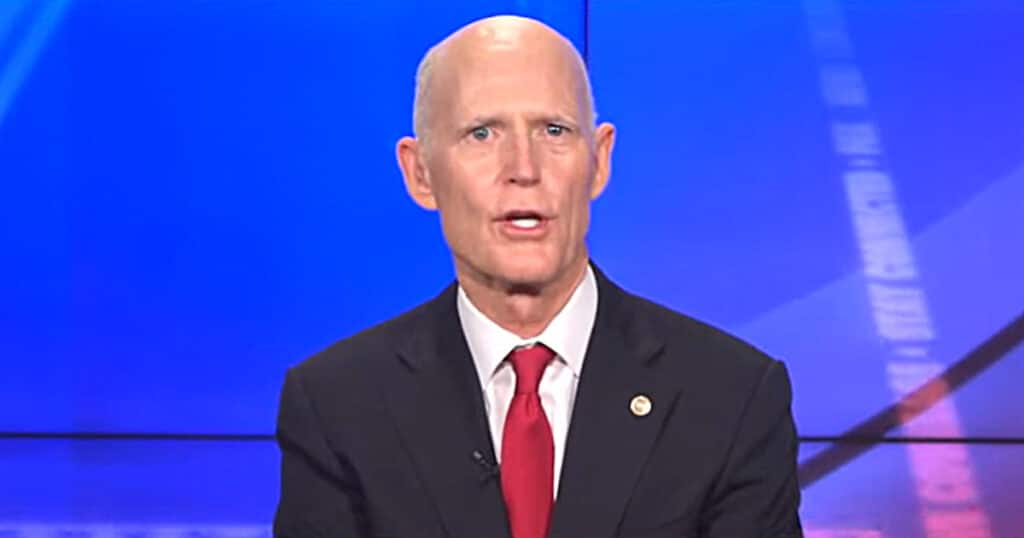
Did the Grinch Steal Christmas in Your Town?
The killjoys who cancelled a lot of Dr. Seuss’s delightful books didn’t get around to How the Grinch Stole Christmas—yet.
But comparing what I have seen this season with the magical celebrations of my childhood, I think there’s a real Grinch out there. And he is not going to be converted, will not bring the goodies back, and definitely will not carve the roast. beast.
Many homes might have had to forgo roast beast. British commentator Alexander Mercouris reported that a Christmas goose was not obtainable, even in an affluent part of London. In America, if you had a turkey with all the trimmings, you paid pay much more for it than you did last year.
This situation is not expected to be temporary. The world eats too much meat, say the oracles, and needs to cut the amount from an average 70 kg per person per year to 24. In the Netherlands, the world’s second largest exporter of food, the government is expropriating 3,000 farms to meet “sustainable development” nitrogen emission goals. Livestock emits methane and nitrogen-containing waste, a.k.a. fertilizer. So, it must be sacrificed.
Instead, we are to supposed to adopt entomophagy—eating bugs. Raising insects is supposed to be much better for the Planet than raising livestock. Insects are said to require about 4 percent of the water and 10 percent of the amount of grain that a cow would require to produce the same amount of food biomass. Also, livestock require a lot of space, which will be needed for all those wind turbines and solar panels.
Among the benefits touted by the New Yorker: “[Insects] are natural recyclers, capable of eating old cardboard, manure, and by-products from food manufacturing. And insect husbandry is humane: bugs like teeming, and thrive in filthy, crowded conditions.”
If you managed to have a Christmas feast this year despite inflation, an insect-based diet could help you lose weight.
Did you enjoy a Yule log or chestnuts roasting on an open fire? In San Francisco, that could cost you a $500 fine.
The Grinch pushed the Christmas tree up the chimney. In many places, most of the decorations are gone. Long ago, there were bells and tinsel on Tucson downtown streets. We drove around to see them. Hospital halls were decked with boughs of holly or the equivalent.
Grocery stores played carols, as did Rush Limbaugh and some radio stations—and not just the ditties about Rudolph and Frosty. Getting rid of songs like The Little Drummer Boy did not stop the Grinch’s “noise, noise, noise, noise.” That we still have aplenty, as in lewd rap songs.
The Grinch took the presents. We still have shopping mania, but who knows for how long. Extravagances that don’t meet ESG (environmental, social, and governance) goals might be blocked by your digital bank account even if you are willing to work extra or economize elsewhere
The Grinch was impressed by the Whos’ demonstrating that Christmas doesn’t “come from a store,” but “means a little bit more.”
There’s the real problem, though Dr. Seuss avoids naming it. Nativity scenes are under attack by secular, atheist extremists. How offensive! A baby, a loving mother, a responsible husband, livestock! Who can bear to look at it! And of course, we must not allow public expression of faith in God, the universal ultimate Lawgiver, who will eventually topple all the oppressors from their thrones. The King Herods of the world have to squelch this very idea.
Christmas is about joy, hope, love, merriment, life, and light. Resentment or envy of these blessings explains why the real Grinches stand there on Christmas Eve hating the Whos. Their Grinch feet are not ice-cold in the snow. But they don’t care if you and your baby and your grandmother are freezing in the dark and eating bugs to meet the demands they impose with pretensions of godlike authority.
For ordinary people, Grinches want it to be “always winter and never Christmas.”
But the Light has come, and the Grinches are ultimately powerless before it.



